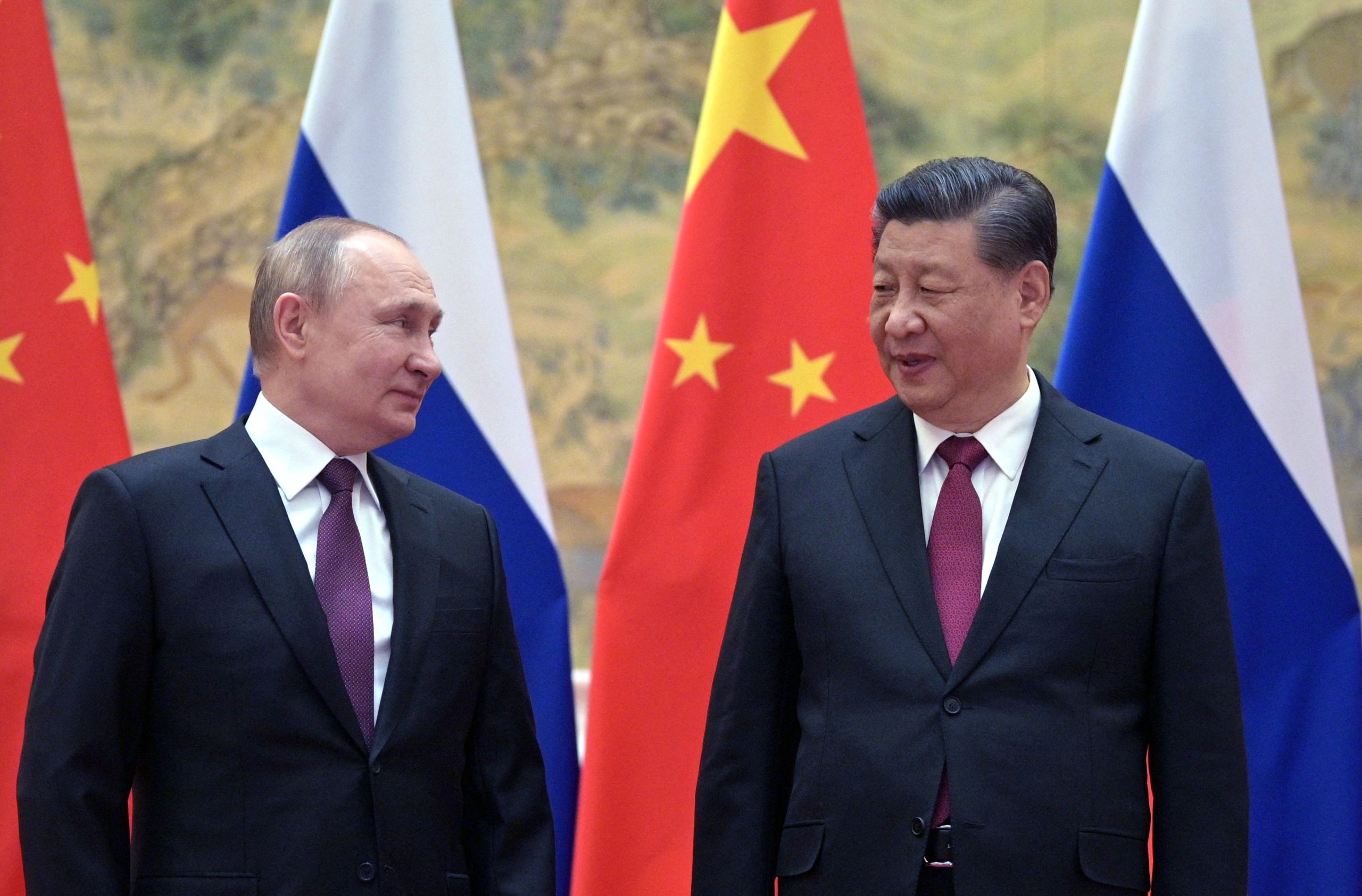Russia’s proposed natural gas pipeline to China hit a roadblock on Friday after the landlocked East Asian country Mongolia moved to exclude the project in its national action program through 2028.
About a third of Moscow’s proposed Power of Siberia-2 pipeline project—which will connect Russia‘s gas fields in its Altai region to northeast China—was supposed to be built in Mongolia, which borders both China and Russia.
y ALEXEI DRUZHININ/Sputnik/AFP/Getty Images
Russia’s gas sales have withered because of the ongoing war in Ukraine, and President Vladimir Putin has since sought to expand the country’s foothold in China and other markets. Figures released in January, however, showed that Russia’s gas sales to China have failed to make up for the lost trade with Europe caused by Western sanctions imposed over the conflict, which is now in its third year.
Russia has held discussions for years about the construction of the Power of Siberia 2 pipeline, which would bring 50 billion cubic meters of gas annually from northern Russia to China via Mongolia. However, the Mongolian government’s 2024-2028 national development plan leaves out the ambitious project, the South China Morning Post reported on Monday.
A former official at the National Security Council of Mongolia told the newspaper that the pipeline project will likely be delayed.
“We are entering a long pause, where Moscow no longer believes it can get the deal it wishes from Beijing and will probably park the project until better times,” Munkhnaran Bayarlkhagva said.
The official also suggested that there may be a rift between Moscow and Beijing over a perception that Russia’s state gas giant Gazprom aims to “unilaterally” control the portion of the pipeline proposed to be built in Mongolia.
“This would have meant a sudden and long-term increase of Moscow’s influence in Mongolia, to the detriment of Beijing,” Bayarlkhagva said. “Though never explicitly verbalized, it would have been ‘fair’ to include the Chinese into the Mongolian section’s development from the beginning.”
Newsweek has contacted Russia’s Foreign Ministry for comment by email.
The energy industry is considered a crucial lifeline for Putin’s economy, which has been hit hard by Western sanctions. Russia’s oil exports and energy industry make up about 30 percent of the country’s budget revenues and are crucial for funding the war in Ukraine.
In 2023, flows from Russia to China via the Power of Siberia 1 pipeline project had increased by 7 billion cubic meters to 23 billion cubic meters, which was 1.5 times more than in 2022. However, this only “partially compensated for their decrease from Russia through pipelines to Europe,” the Russian central bank said in January.
In December 2023, Gazprom said gas production in the first half of the year had tumbled by almost a quarter to 179.45 billion cubic meters, blaming the decrease on countries’ “politically motivated decisions aimed at abandoning the import of Russian gas.”
Do you have a tip on a world news story that Newsweek should be covering? Do you have a question about the Russia-Ukraine war? Let us know via worldnews@newsweek.com.
